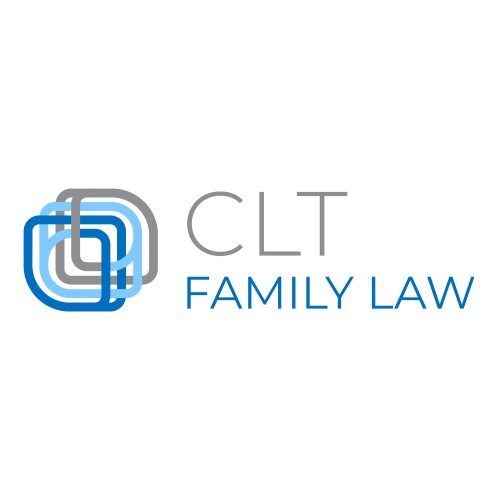Best Child Custody Lawyers in Townsville
Share your needs with us, get contacted by law firms.
Free. Takes 2 min.
Free Guide to Hiring a Family Lawyer
List of the best lawyers in Townsville, Australia
About Child Custody Law in Townsville, Australia:
Child custody laws in Townsville, Australia determine the rights and responsibilities of parents in making decisions for their children. These laws aim to ensure the best interests of the child are upheld, including their welfare and upbringing.
Why You May Need a Lawyer:
You may need a lawyer in cases where there is a dispute over custody arrangements, concerns about the safety and wellbeing of the child, or issues related to parental rights and responsibilities. A lawyer can provide legal advice, represent you in court, and help negotiate custody agreements.
Local Laws Overview:
In Townsville, the Family Law Act 1975 governs child custody matters, focusing on the child's best interests. The court considers factors such as the child's relationships with parents, their wishes (if mature enough), and any history of family violence. Parenting plans or court orders may be established to outline custody arrangements.
Frequently Asked Questions:
1. How is child custody determined in Townsville?
Child custody is typically determined based on the child's best interests, considering factors like parental relationships, the child's wishes, and any history of family violence.
2. What is the difference between sole and joint custody?
Sole custody grants one parent full decision-making authority, while joint custody involves both parents sharing responsibilities for the child's upbringing.
3. Can custody arrangements be modified?
Yes, custody arrangements can be modified if there are significant changes in circumstances that affect the child's welfare.
4. Do grandparents have custody rights in Townsville?
Grandparents may seek visitation rights or custody under certain circumstances, such as when it is in the best interests of the child.
5. How can I enforce a custody order?
If a parent is not complying with a custody order, legal action can be taken to enforce the order and ensure the child's welfare is protected.
6. What is a parenting plan?
A parenting plan is a written agreement between parents that outlines custody arrangements, including decision-making and time spent with the child.
7. What role does mediation play in child custody cases?
Mediation is often used to help parents reach a mutual agreement on custody arrangements without going to court, promoting cooperation and reducing conflict.
8. How does relocation affect custody arrangements?
If one parent wishes to relocate with the child, they must seek approval from the other parent or the court if an agreement cannot be reached.
9. Can a child choose which parent to live with?
A child's preferences may be considered by the court if they are mature enough to express their wishes, but the final decision is based on the child's best interests.
10. How can I prepare for a child custody case?
To prepare for a child custody case, gather relevant documents, consider hiring a lawyer, and focus on promoting the child's welfare and best interests throughout the process.
Additional Resources:
For legal assistance in child custody matters, you can contact the Family Relationship Centre in Townsville or seek advice from Legal Aid Queensland. Family support services and counseling may also be beneficial for families experiencing custody disputes.
Next Steps:
If you require legal assistance in child custody matters in Townsville, it is advisable to consult with a family law lawyer who can provide personalized advice and representation. Be sure to gather relevant documents and information to support your case, and focus on the best interests of the child throughout the legal process.
Lawzana helps you find the best lawyers and law firms in Townsville through a curated and pre-screened list of qualified legal professionals. Our platform offers rankings and detailed profiles of attorneys and law firms, allowing you to compare based on practice areas, including Child Custody, experience, and client feedback.
Each profile includes a description of the firm's areas of practice, client reviews, team members and partners, year of establishment, spoken languages, office locations, contact information, social media presence, and any published articles or resources. Most firms on our platform speak English and are experienced in both local and international legal matters.
Get a quote from top-rated law firms in Townsville, Australia — quickly, securely, and without unnecessary hassle.
Disclaimer:
The information provided on this page is for general informational purposes only and does not constitute legal advice. While we strive to ensure the accuracy and relevance of the content, legal information may change over time, and interpretations of the law can vary. You should always consult with a qualified legal professional for advice specific to your situation.
We disclaim all liability for actions taken or not taken based on the content of this page. If you believe any information is incorrect or outdated, please contact us, and we will review and update it where appropriate.








